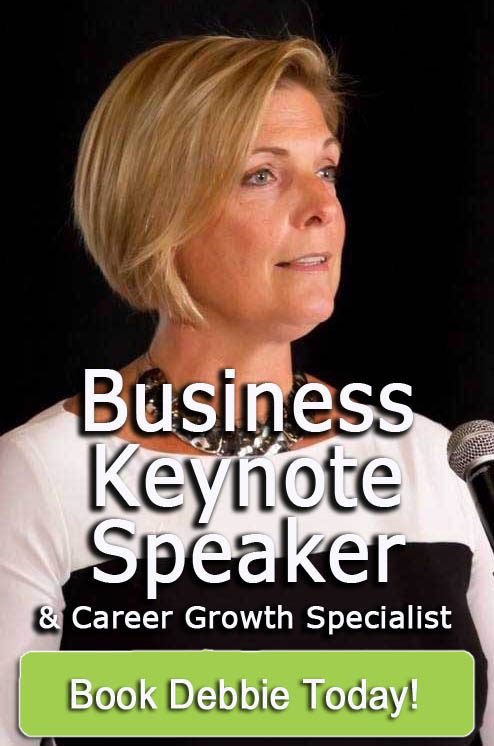I’m a researcher. I love to pull information together and analyze it to make a weighty decision. I’ve put spreadsheets together to compare vacations, cars and condominiums because I like to see all of the information together in one spot so I can make comparisons.
It’s like when you go to a website and you’re looking for a product and the site allows you to “compare” multiple items. You click “compare all” and you get to see all the products in one place in order to make a decision. I love that!
Comparisons can be useful in that respect but the comparisons I’m talking about today are the ones we make with ourselves to another person. These comparisons are illogical and emotional and most often we aren’t even comparing the same information. It’s apples and oranges but we don’t see it that way.
When I think back on creating my business there was one factor that would stop my energy, motion and confidence in a BIG way and that was comparisons. There are a trillion women (it seemed like) doing what I wanted to do, and I had a bit of the “What makes you think you have something to contribute?” thinking going on in my head. I would see a woman doing exactly what I wanted to do and instead of being joyful, I would shut down. Why? Because I was making a comparison.
Here’s what I learned about making comparisons:
- Comparisons,generally, are all about degrees of inferiority or superiority; it’s mostly black and white. You are either better or worse than the person you compare yourself to. It’s about focusing on the differences between you both, making you “more than” or “less than” the other person.
- Comparisons can be a help or a hindrance. Comparing yourself to someone else can actually motivate you to reach for more. Research finds, however, that women will compare themselves to unrealistically high standards usually portrayed in the media (television, print and social) and leave themselves feeling ‘less than” as a result.
- You normally only compare yourself to those who are most like you or that tend to be in your own backyard. It’s the woman at your company that is bidding on the same position you want that you are comparing yourself to. Or, it’s another business owner doing the same things as you in your community. It’s not a woman bidding on a comparable job at ANOTHER company or a business owner in ANOTHER state. It’s in your own back yard.
- Making comparisons and finding yourself lacking confuses the unconscious mind. One of the jobs of your Unconscious mind is to go out and find what you want. When you focus congruently on something you want it’s like a hound on a scent. It is dedicated to finding it but then you make a comparison, find yourself lacking, doubt your abilities and it’s like the scent dead-ends in a river and the hound just stops because he’s lost the trail.
- Comparisons are a basic human drive, we all have them but the idea is to make them work for us and not against us.
- Comparisons are more about emotion than logic. When we compare ourselves we bring emotion into the equation because we start feeling differently inside.
- Comparisons, even when we come out on top aren’t working as well as you would think. If you recognize a fault in someone else when making a comparison, it’s actually an indicator that the fault is also recognized in you or you have the same potential.
Here’s how to spin comparisons and make them work for you:
- Look for the common ground. If you feel yourself spiraling downward because you are comparing yourself to another, look for the common ground with that other person. If you look for the similarities, then you are focusing on the positive aspect of the comparison and what you both ARE bringing to the table.
- Now, look for what makes you unique. Not what makes you “better.” What do you bring to the table that is unique to you? With any person, job, event, charity, song-writer, business owner, charity, etc., there is always more than one. There is more than one doctor right? More than one song-writer, more than one coach, more than one CEO, more than one of each type of business. The world needs more, and it needs it in a way that only you can bring it. What is it that you add to the equation? What makes what you do or how you do it unique? Promote that.
- What can you learn? What is it that you can learn from the people you make comparisons to? What can you learn and incorporate to help you elevate? If they can do it, you can do it too – you just have to figure out how. You can brainstorm ideas from what you learn.
- Ask yourself, “How do you know?” If you’ve made a comparison and found the other person comes out on top, how do you know? This is where I would encourage you to write it down. It’s easier to be logical and make a realistic comparison when you write it down. Here’s the catch though, you have to have proof. How do you know that this person is better than you at what you want to do? Whatever you find out, what can you learn from it? Can you learn it?
- Know what your strengths and values are. This allows you to perform and create in a way that is consistent with who you are and with your unique skill sets. This is where true confidence is born – from taking action that is aligned with who you are at your core while also stretching yourself as a person. List your strengths and values out so you are crystal clear on what is most important to you to bring to the table.
- Get input. I’m a BIG proponent of the “posse” – those people who support you and are great to bounce ideas off of. If you don’t have a posse, tribe, sisterhood, etc. Start building one. No one should have to go it alone and figure it out all by themselves. This can be co-workers, mentors, family, friends, mastermind partners, or coaches, Bounce the comparison off of them and ask if you are being realistic. Ask them about the items above and get their feedback.
These tips are designed to help you be more logical, less emotional and give you factual information that will truly elevate you as a person when going after YOUR Next Chapter in life!
Which of the above tips is the most difficult for you? Start there and take small steps on becoming better in that area. Pretty soon comparisons will be helping not hindering you!
Until next time, here’s wishing you the clarity you deserve!
Debbie Peterson, Creator of the YOUR Next Chapter Life System, Founder of Getting to Clarity, is a professional speaker, trainer and coach who helps midlife women build Confidence and get Clarity on their Identity and Purpose.
Want to explore working with her? Click HERE for your Complimentary Session.



